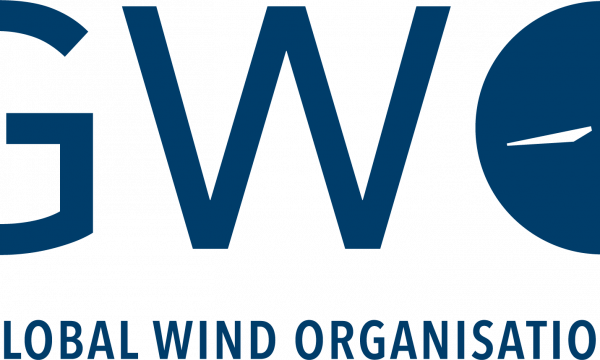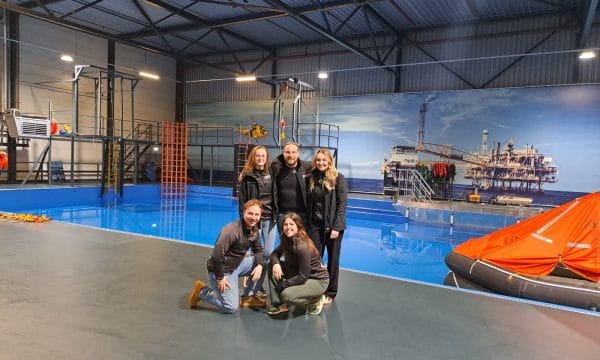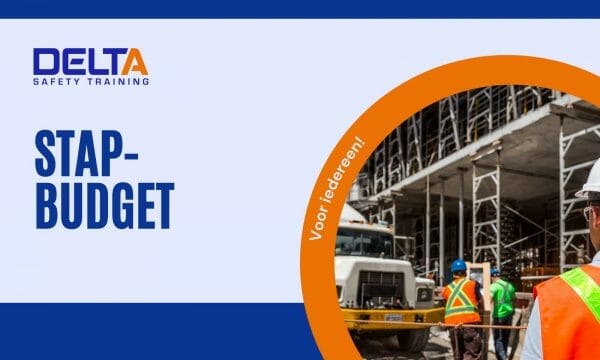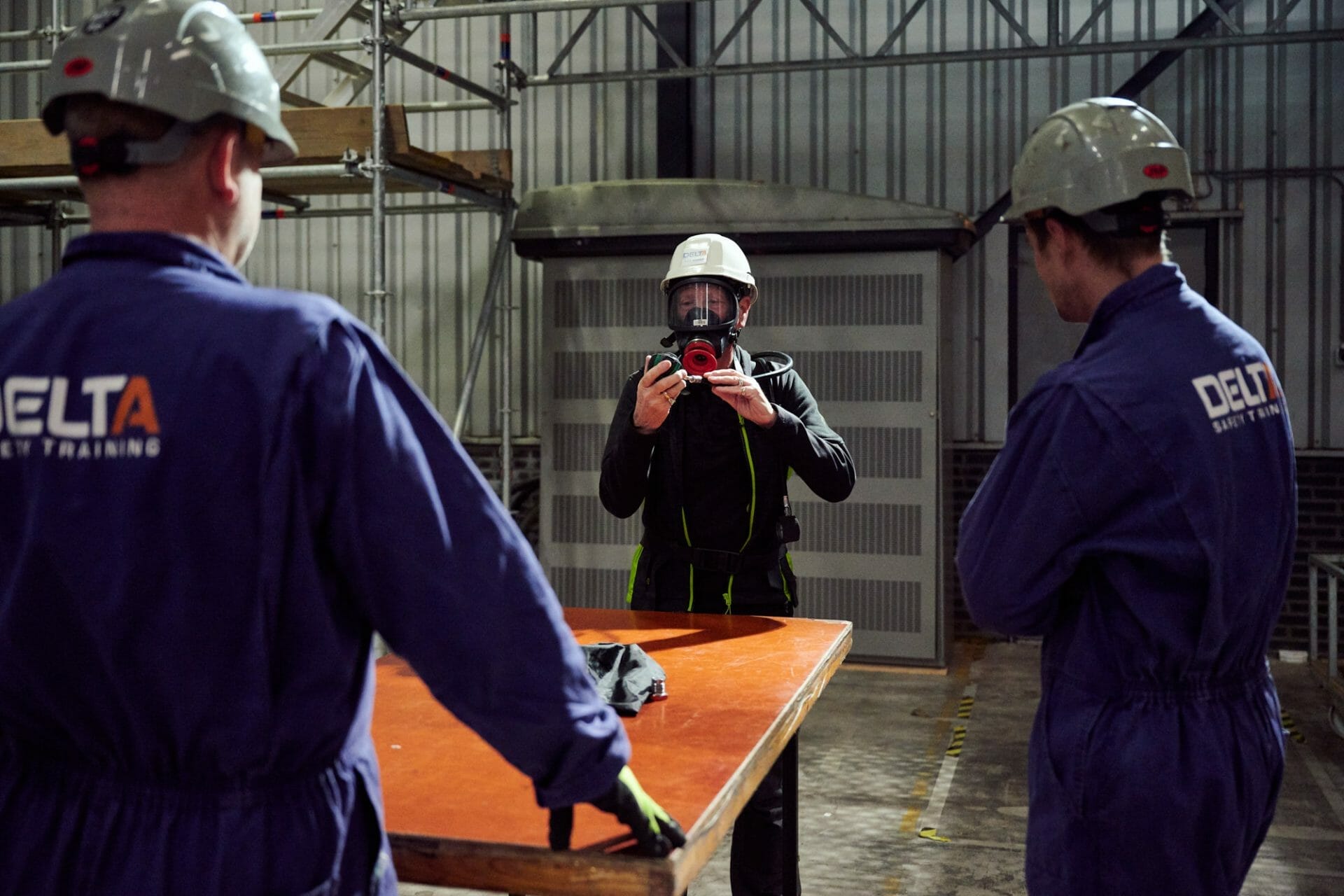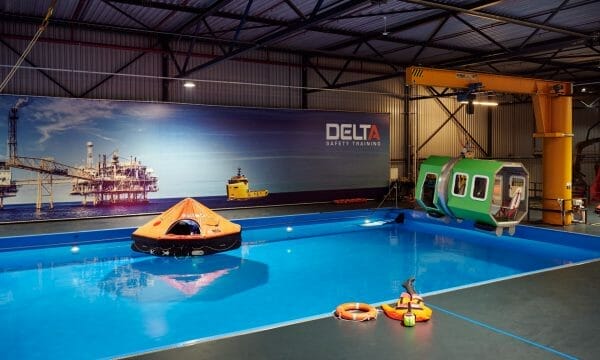Safety training for offshore and onshore wind
Wind power is an important renewable energy source. As agreed in the Climate Agreement, at least 35 terawatt hours of renewable electricity must be produced by 2030. Hence, more and more wind turbines will be built. Will you soon be working on the construction of wind turbines or performing maintenance on wind turbines on land or at sea? If so, it is mandatory that you take a GWO safety training course so that you can carry out your work safely. At DELTA Safety Training, we do everything we can to train as many people as possible in the field of safety. Through our years of experience, we know exactly how to best train you. So don't wait any longer and book your wind industry safety training soon!
Our GWO Wind Safety Training Courses
-
GWO Basic Safety Training - Onshore - Basic (Blended Learning)
certificate GWO costs € 1.397,00 duration 2.5 days -
GWO Basic Safety Training - Onshore - Basic
certificate GWO costs € 1.397,00 duration 4 days -
GWO Basic Safety Training - Offshore - Basic (Blended Learning)
certificate GWO costs € 1.597,50 duration 3 days -
GWO Basic Safety Training - Offshore - Basic
certificate GWO costs € 1.597,50 duration 5 days -
GWO Basic Safety Training - Onshore - Refresher (Blended Learning)
certificate GWO costs € 977,00 duration 2 days -
GWO Basic Safety Training - Onshore - Refresher
certificate GWO costs € 977,00 duration 3 days -
GWO Basic Safety Training - Offshore - Refresher (Blended Learning)
certificate GWO costs € 1.197,50 duration 2.5 days -
GWO Basic Safety Training - Offshore - Refresher
certificate GWO costs € 1.197,50 duration 4 days -
GWO Working at Heights - Basic (Blended Learning)
certificate GWO costs € 630,50 duration 1,5 day -
GWO Working at Heights - Basic
certificate GWO costs € 630,50 duration 2 days -
GWO Working at Heights - Refresher (Blended Learning)
certificate GWO costs € 407,50 duration 1 day -
GWO Working at Heights - Refresher
certificate GWO costs € 407,50 duration 1 day -
GWO Enhanced First Aid - Refresher
certificate GWO costs € 695,00 duration 2 days -
GWO Enhanced First Aid - Basic
certificate GWO costs € 845,00 duration 3 days -
GWO First Aid - Basic (Blended Learning)
certificate GWO costs € 458,50 duration 4 hours -
GWO First Aid - Basic
certificate GWO costs € 458,50 duration 1 day -
GWO First Aid - Refresher (Blended Learning)
certificate GWO costs € 255,50 duration 4 hours -
GWO First Aid - Refresher
certificate GWO costs € 255,50 duration 4 hours -
GWO Sea Survival - Basic (Blended Learning)
certificate GWO costs € 338,50 duration 4 hours -
GWO Sea Survival - Basic
certificate GWO costs € 338,50 duration 1 day -
GWO Sea Survival - Refresher (Blended Learning)
certificate GWO costs € 338,50 duration 4 hours -
GWO Sea Survival - Refresher
certificate GWO costs € 338,50 duration 1 day -
GWO Fire Awareness - Basic (Blended Learning)
certificate GWO costs € 188,50 duration 2 hours -
GWO Fire Awareness - Basic
certificate GWO costs € 188,50 duration 4 hours -
GWO Fire Awareness - Refresher (Blended Learning)
certificate GWO costs € 188,50 duration 2 hours -
GWO Fire Awareness - Refresher
certificate GWO costs € 188,50 duration 4 hours -
GWO Manual Handling - Basic (Blended Learning)
certificate GWO costs € 172,50 duration 2 hours -
GWO Manual Handling - Basic
certificate GWO costs € 172,50 duration 4 hours -
GWO Manual Handling - Refresher (Blended Learning)
certificate GWO costs € 172,50 duration 2 hours -
GWO Manual Handling - Refresher
certificate GWO costs € 172,50 duration 4 hours -
GWO Advanced Rescue Training - Basic
certificate GWO costs € 1.467,00 duration 3 days -
Boat Landing Course
certificate DELTA costs € 155,00 duration 2 hours -
ISC R-ALF Pulley
certificate DELTA costs € 185,00 duration 2 hours -
Crew Basket Transfer Familiarisation
certificate DELTA costs € 172,00 duration 90 minutes
Related blogs
-
General GWO Wind
GWO announces increase in WINDA ID fees effective April 1, 2024
March 28, 2024Effective April 1, 2024, GWO announces increase in WINDA ID fees.
read more -
General DELTA GWO NOG (OLF) NOGEPA Offshore OPITO Vacancies Wind
Trainer wind & offshore wanted!
Feb. 2, 2024Do you want to teach delegates how to work safely in the offshore and wind industry? Then apply for this position!
read more -
General BHV/EHBO Industry Offshore Shipping VCA Wind
UPDATE: STAP budget is coming to an end!
July 12, 2023DELTA Safety Training is an accredited training institute where you can take safety training courses. Read more about the STAP budget in our article!
read more
Frequently asked questions about wind
-
What is a security passport (PSL)?
The Personal Safety Logbook (PSL) is a personal booklet in which you can collect all your diplomas, skills and possibly medical data. It is not mandatory to have a safety passport, but it is a useful document in which you can keep all the above information together. -
Is it true that in Germany a GWO Working at Heights certificate is only valid for one year?
Yes, that's right. In Germany, a Working at Height certificate may not be valid for more than one year. The other GWO modules do keep their validity of 2 years. -
Do I need to take a separate Boat Landing course after my GWO training?
No, if you follow the GWO Sea Survival training, you do not need to follow a separate Boat Landing training. The Boat Landing is already included in the GWO Sea Survival training. -
Is a medical examination mandatory for participation in the training?
No, a formal medical examination is not necessary to participate in the training. The trainee must declare his/her fitness to participate in the training by means of a "medical self assessment" form. -
My GWO certificate has expired, what now?
It is not possible to attend a GWO refresher training with an expired certificate. You must then attend a GWO basic training. See our complete range of GWO basic and GWO refresher training courses. -
What is a WINDA ID?
WINDA stands for Wind Industry Database and is managed by the Global Wind Organization (GWO). It enables clients to check whether their staff have the correct and valid GWO certificates. A WINDA ID is a unique personal number which you obtain when registering with WINDA. If you successfully complete a GWO training course, this is registered in WINDA by DELTA Safety Training on the basis of your WINDA ID. If you wish to book a GWO basic or refresher course, you must give your WINDA ID to DELTA Safety Training. You can create your own WINDA ID. -
What does GWO mean?
GWO stands for Global Wind Organisation. GWO is an organisation that designs and manages global standards for various wind industry training courses.

